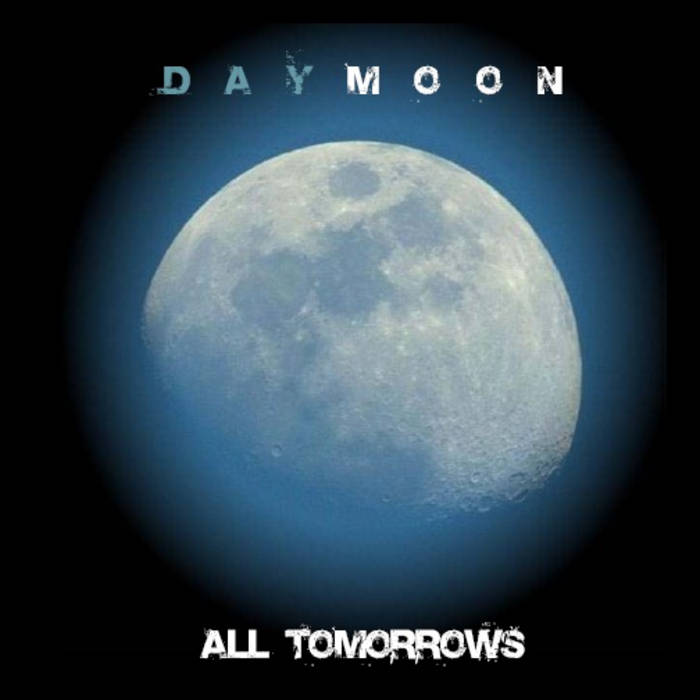No doubt, this is an excellent example of British neo-progressive rock and one of the best songs by Galahad. It has all the features a fan of this band and this genre would like to find: syncopated rythms, tempo changes, melodic (even classical) interludes, lively progressions... just name it yourself. The sung sections are pleasant too, and all the musicians here know how to play, avoiding any show off temptations. The sound is surprisingly modern and still reminiscent of the long tradition of prog.
"Sleepers" was the third official CD by Galahad.
Many bands divide their production into two different streams: a series of tricky, long and intricated tracks - that's for the progfans, of course - and some easier, poppish songs for the rest of humanity. Well, also Galahad can do so, but this is a "one size fits all" song, rather easy to catch and still featuring an elaborate stucture. That's exactly what neo-prog should be: not for the masses, nor for the intellectual elite. Galahad know how to keep the musical middle road...







